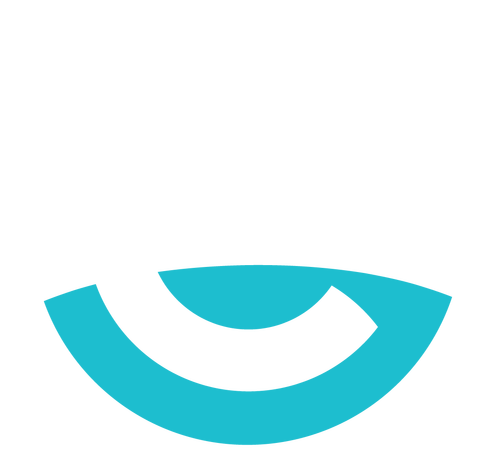How do we know which writings belong in the bible?
CANON
The Bible as we think of it, 39 books of the OT and 27 books in the NT was fully recognized at the close of the 4th century at the council of Hippo (393) and Carthage (397). There were some disputed books leading up to that time: 2 Peter/Jude because of their similar material, James because of disagreements with Pauline theology, 2 & 3 John because of questions of origin and authorship.
Marcion was one of the first to challenge the writings of the apostles asserting that the OT God was a different God than the NT God. He only included portions of Luke, Galatians, 1 & 2 Corinthians, Romans, 1 & 2Thessalonians, Ephesians (called Laodiceans), Colossians, and Philemon. He was highly debated by Tertullian who argued for the inclusion of much of the NT canon not including Hebrews, James and 1&2 Peter.
By early 4th century Eusebius and Athanasius affirm almost all 27 books of the NT still having debates on the origins of 2&3 John and Jude.
None of the these 4th century writers included the Gospel of Judas, Thomas or Barnabas. These writings from the time of their origin were seen as un-canonical and unorthodox. They are false writings attributed to apostles.
The books of the OT were accepted mostly based on their use as the primary Jewish bible, the Apocrypha (works written between the close of the OT and the opening of the NT) were rejected
Requirements for Canonicity
Apostolic authority—needs to be written by an apostle or have an apostle as its primary source. The Gospels Matthew, Mark and Luke are reports created from interviews with eyewitness. Peter being the primary source for the book of Mark. The gospel of John is written by John himself who was an eyewitness which may explain why his account varies from the other three. This same authority is extended to James and Jude, brothers of Jesus.
Antiquity - must belong to the apostolic age, written before 100 AD. The longest living of the 12 apostles was John, it is believed that he died in 98AD therefore no writing can be dated after that time and still be credibly attributed to the apostles.
Orthodoxy
‘the apostolic faith’ - the faith set forth in the undoubted apostolic writings and maintained in the churches which had been founded by apostles becomes the standard by which all the writings must agree. This orthodox faith has been protected through the centuries and serves as a test against the proclamations of the church.
Catholicity
The word CATHOLIC means UNIVERSAL. The title “Roman Catholic Church” is a bit tongue in cheek when you understand the origin: the church of Rome claiming to the be the only church when the Eastern Orthodox church broke away in the Great Schism of 1054.
